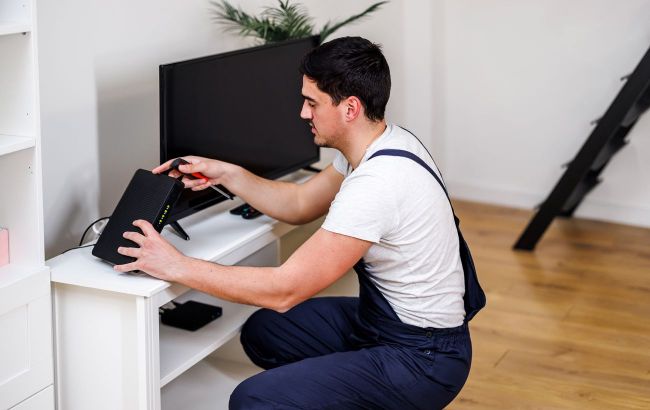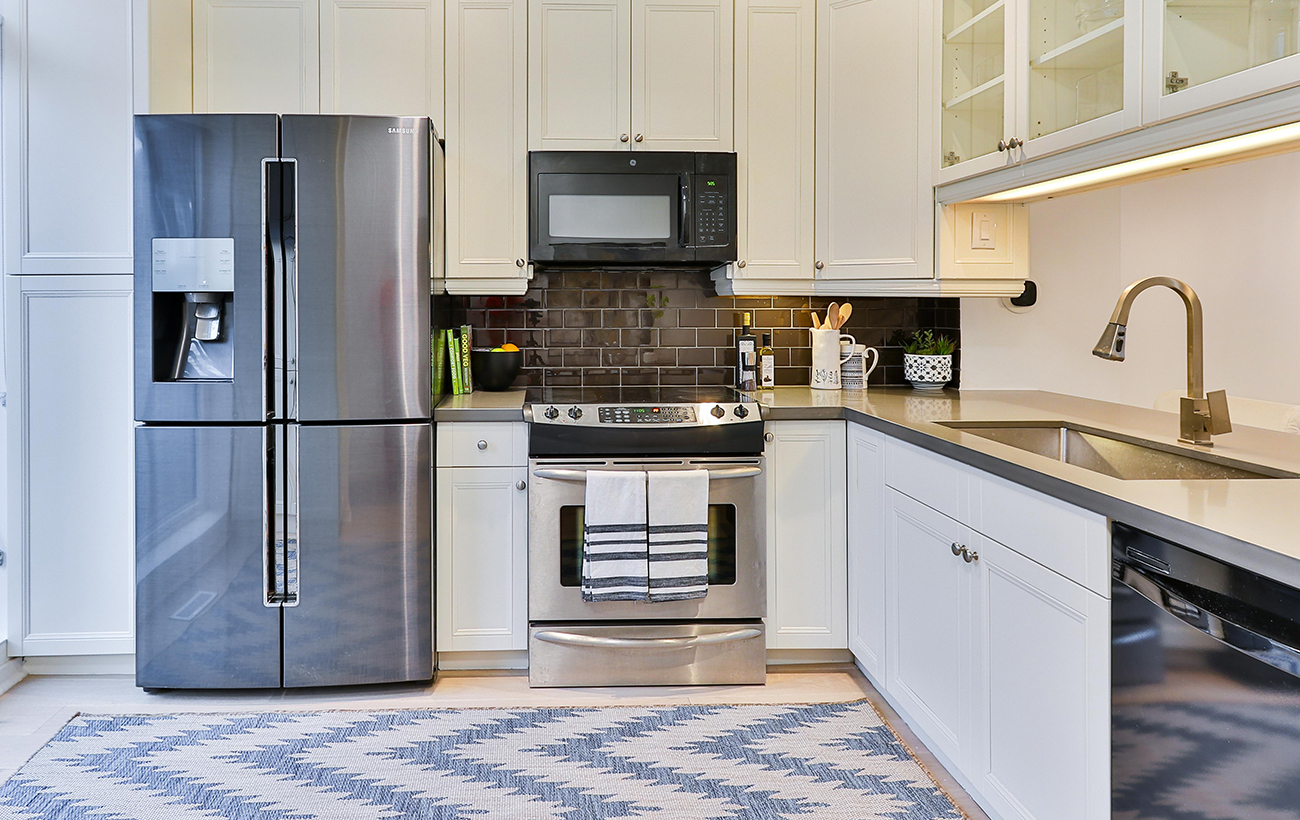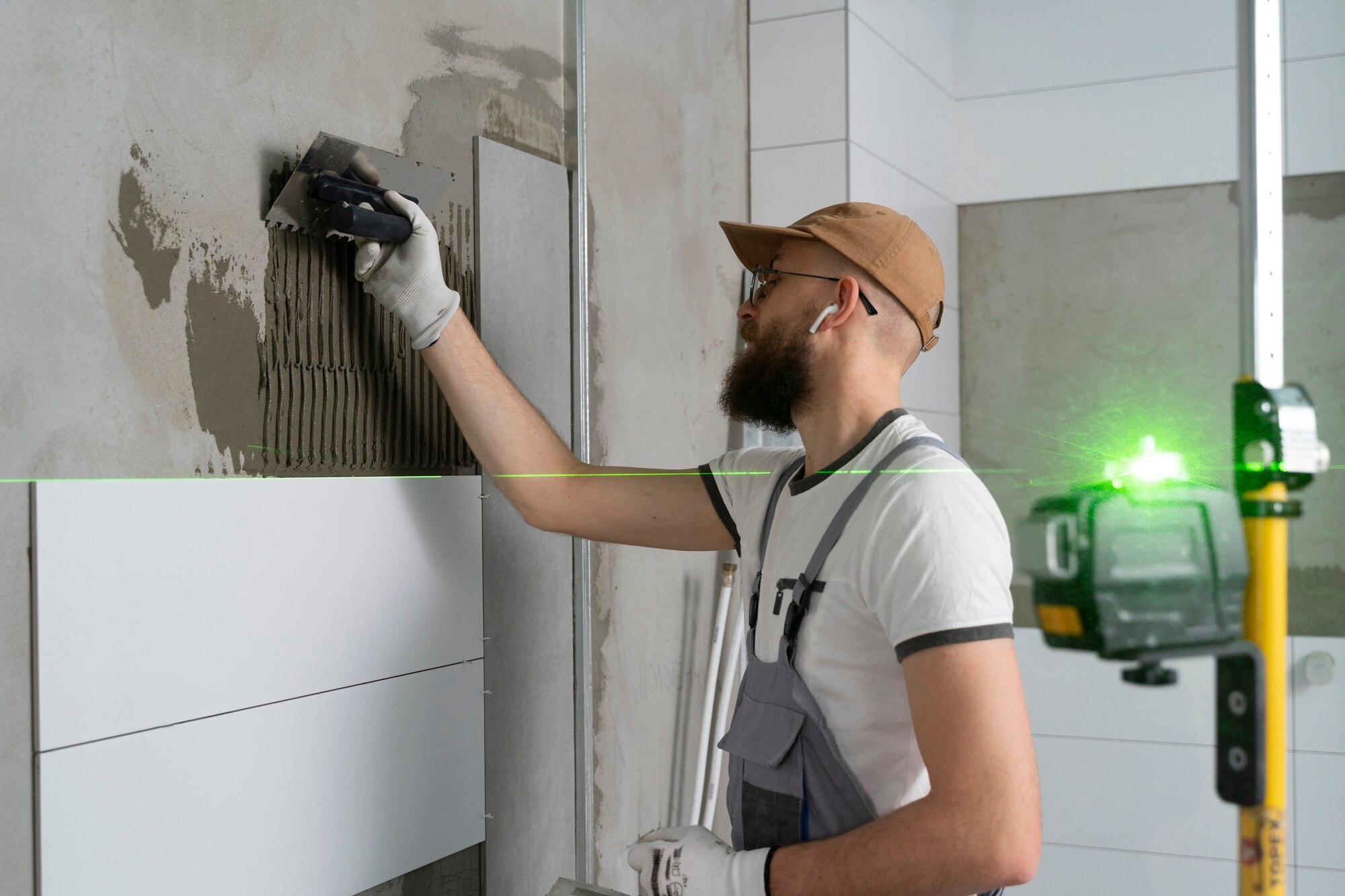Why Wi-Fi doesn't work well at home: 6 things that block its signal
 These six materials can block your home Wi-Fi signal (photo: Getty Images)
These six materials can block your home Wi-Fi signal (photo: Getty Images)
Wi-Fi has become an integral part of our everyday comfort, but sometimes it can be slower than we would like. The reason may lie not only in the provider, but also in the objects that surround you in your home, reports Lifehacker.
Metal
Metal is a good conductor of electricity, which absorbs radio waves, significantly degrading your Wi-Fi signal. Pay attention to the following sources of interference:
Mesh in the wall
You may not have any metal obstacles in your home, but do you know what's inside your walls? Stucco walls often use metal mesh as a reinforcing material, turning your walls into Wi-Fi-absorbing structures. Moving your router to a more exposed location can improve the signal.
Home appliances and furniture
Home appliances, such as refrigerators or televisions, and metal furniture, such as cabinets, are large metal objects in your home. If they stand between your router and the other part, the signal will be forced to pass through them.
Doors
If you have heavy metal doors in your home, these panels can also absorb Wi-Fi signals.

Home appliances and furniture slow down Wi-Fi signals (photo: Unsplash)
Glass
Glass alone is not a problem for Wi-Fi signals, but many glass objects in your home also contain metal.
For example, mirrors typically use a thin layer of silver or aluminum for a reflective coating, and modern low-e windows use a thin metal coating to improve their thermal insulation properties. This can be good for your energy costs, but bad for your Wi-Fi signal.
Water elements
Water absorbs low-frequency radio waves because it interacts with them - this is how a microwave works when it effectively boils a cup of water.
If you have a large aquarium, it will impair your signal. Water and heating pipes in the walls can also cause problems, so if your router is located on the other side of a bathroom, kitchen, or utility room, it will make coverage difficult.

Water absorbs low-frequency radio waves (photo: Getty Images)
Concrete and brick
Concrete is dense and a serious obstacle for radio waves, so if your house or apartment has concrete walls and/or floors, your Wi-Fi signal can be significantly weakened, for example, between the router and the TV in the living room. The problem will be even more serious if the concrete is reinforced with metal.
Bricks are less dense than concrete, but will still block a significant portion of the signal.
Ceramic tiles
Ceramic tile on its own is a moderate obstacle to Wi-Fi signals, but when it's combined with other materials like drywall or plaster, it becomes a real problem for internet speeds.
For example, if you have tiles in your bathroom between your router and other devices it's connected to, you may experience a severe signal loss, which can be amplified by water pipes and other metal materials in the walls.

Tiles and plaster are also an obstacle to Wi-Fi signals (photo: Freepik)
What to do if these materials block your Wi-Fi signal
If your Wi-Fi signal is weak and you suspect that some of these materials may be the cause, you probably won't want to or be able to disassemble your home to improve the signal. However, knowing about the presence of these materials will help you choose the best location for your router to minimize interference.
If the location of your router is an issue, consider installing a mesh solution that will provide your home with a strong Wi-Fi signal despite obstacles in walls or other parts of the structure.
You can also consider wired internet, which remains a viable solution for connecting devices in your home.

